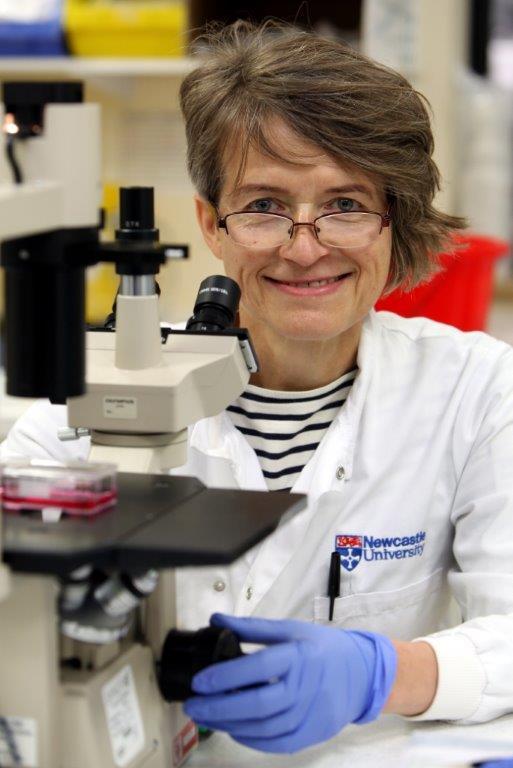
Credit: Newcastle University, UK
New research has shown that people with type 1 diabetes may have features of premature heart disease induced by the condition often before they even get their diagnosis.
Early markers for this heart disease could be used to ensure patients get targeted therapies as soon as they are diagnosed with type 1 diabetes to slow down or even halt cardiovascular problems.
The findings, published in Stem Cell Research and Therapy, show that tiny pieces of genetic material, called miR-424-5p, increased in early stages of heart disease – these could be targeted to help reduce inflammation in order to compensate for elevated risk.
Early heart disease
Dr Jolanta Weaver, from Newcastle University’s Faculty of Medical Sciences, UK, said: “We were surprised that early heart disease could be starting in pre-diabetes stage before a diagnosis of type 1 is made.
“Large clinical trials have shown that people with type 1 diabetes have their life expectancy shortened by 13 years due to cardiovascular problems, so there is a need to address this issue in patients as soon as possible.
“Our data shows that miR-424-5p can be used as a biomarker for early heart disease and it has the potential to define additional therapeutic options to help patients with type 1 diabetes.
“This is an exciting step forwards in the understanding of the development of heart disease in patients with type 1 diabetes and patients should be pleased to see active research in this area.”
Almost 5 million people in the UK are living with diabetes, of which 10% have type 1. The disease occurs when the pancreas doesn’t produce enough insulin, or when it can’t produce any at all, which leads to blood glucose levels being too high.
Scientists analysed inflammation, miR-424-5p and vascular stem cells in the blood in well controlled patients with type 1 diabetes and compared those to a healthy control group.
Samples were taken from all participants after an overnight fast. A number of clinical and laboratory tests were carried out, including full blood count, liver function, HbA1c and body mass index.
The study’s findings highlighted that type 1 diabetes is characterised by significant inflammation, reduced vascular stem cells, increased levels of miR-424-5p and other features of premature heart disease, despite good diabetic control.
Acting early
Currently, type 1 diabetic patients at risk of heart disease are offered statins and blood pressure tablets to reduce their risk, but this is rarely done at the beginning of their diagnosis.
Dr Weaver added: “Our data offers the chance to find new ways to impact on the development of heart disease before it becomes too late for the patient.
“The sooner we can act to address cardiovascular disease the better the quality of life for those affected.”
Future studies will focus on the importance of monitoring miR-424-5p for premature heart disease in diabetic patients and to design new targeted treatments.
###
Reference: Upregulated anti-angiogenic miR-424-5p in type 1 diabetes (model of subclinical cardiovascular disease) correlates with endothelial progenitor cells, CXCR1/2 and other parameters of vascular health. Alice Tamara et al. Stem Cell Research and Therapy.
Media Contact
Helen Rae
[email protected]
Related Journal Article
http://dx.




